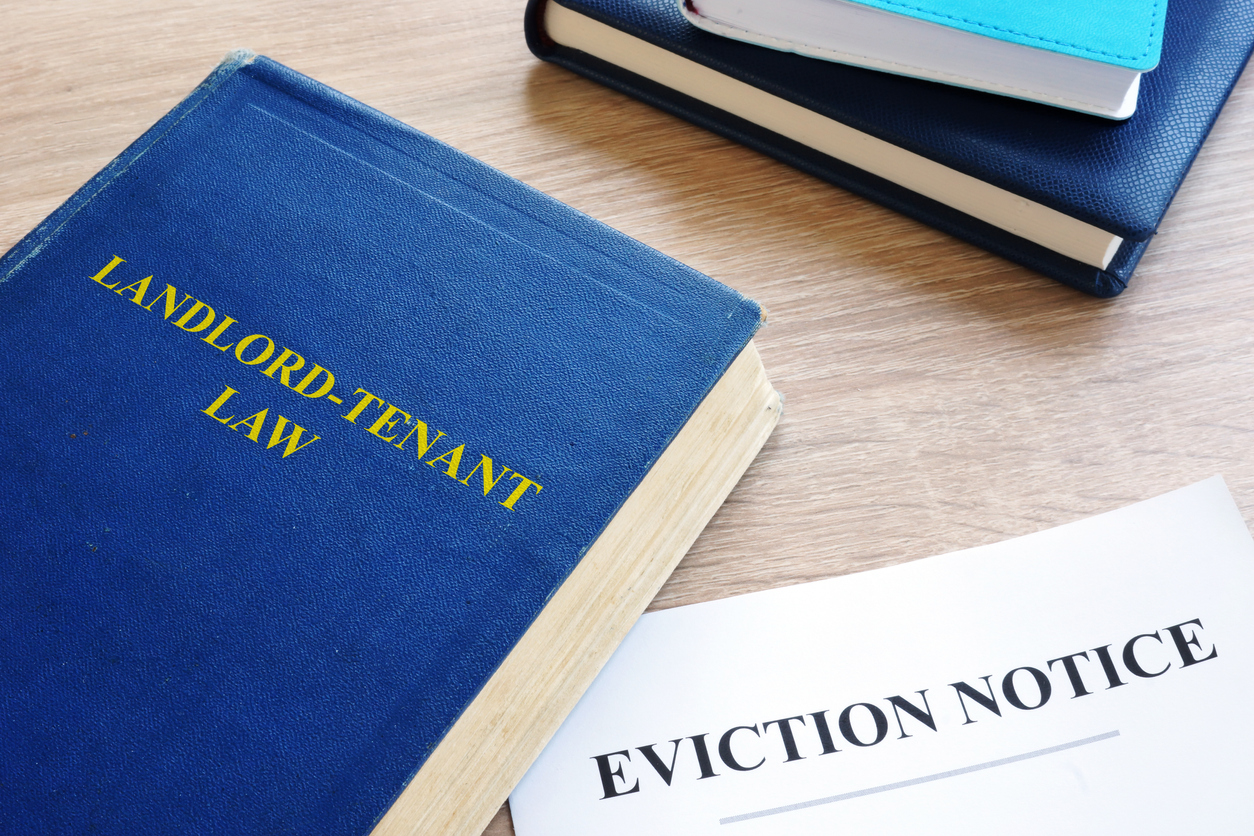Indiana’s Stay of New Eviction Filings
On March 19, 2020, Governor Eric Holcomb signed Executive Order 20-06 which prohibited in Indiana new filings for all evictions and foreclosures on residential property during the state of emergency. On April 3, 2020, Governor Holcomb signed Executive Order 20-17, which extended the state of emergency (and the stay on evictions) through and including May 5, 2020. On May 1, 2020 the governor signed Executive Order 20-25 which again extended state of emergency through June 4, 2020.
What this means for landlords and lenders
While understandable measures are being taken to curb the exponential spread of the COVID-19 virus, Executive Order 20-06 and Executive Order 20-17 put landlords and lenders in a tough spot. Most investors build in a budget to cover lost rent each year for vacancies and the likes. However, most investors do not budget for five plus months of no rental income. Take for example the “best” case scenario where a tenant became delinquent right at the beginning of the state of emergency (March). With no ability to file an eviction until the beginning of May at the earliest, plus the typical 4-5 week time frame from the date of filing to an actual possession date, landlords could find themselves without rental income from March through July, nearly 5 months!
What not to do (Self-help)
Landlords must not resort to self-help such as changing the locks, turning of utilities that the landlord is responsible for, or removing the stove or refrigerator to force the tenant to move. Self-help related is illegal in Indiana as it relates to residential property. Landlords who engage in this behavior subject themselves to lawsuits with hefty penalties.
What to do?
Executive Order 20-06 does not relieve tenants from their obligation to pay rent or comply with obligations under their lease or tenancy. However, landlords have little recourse for a tenant who cannot pay. Hopefully, the federal stimulus package will allow non-paying tenants the ability to again begin making payments. In these unprecedented times, landlords will be best served to acknowledge the tenant’s hardships and work with tenants as best as possible to weather this storm. Without the ability to evict or foreclose, landlords must consider that even partial payments are better than no payments. In some cases, it might even cost less for a landlord to pay the tenant to voluntarily move.
If you have questions about this, landlord/tenant matters, foreclosure process, or any other general real estate matter, please call 317-558-9677 or contact us online for a free consultation.
These materials are intended for general information purposes only. Therefore, they do not constitute legal advice or legal opinion. You should consult with legal counsel to determine how laws or decisions discussed herein apply to your specific circumstances.

